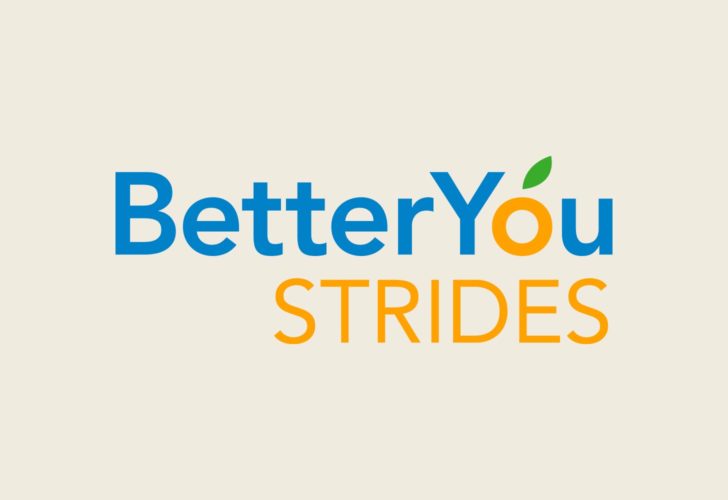Ask Me Anything: 5 Questions About Your Health Insurance
By Hannah Ferris
Published April 24, 2014

The open enrollment period to purchase health insurance has come and gone, but Americans still have questions about their health care. I hit the streets of historic St. Augustine to ask tourists and locals if they have any lingering health insurance concerns.
What is the difference between a coinsurance and a copayment? – Tom, Detroit MI
Coinsurance is the percentage that you may pay for covered health services after you meet the plan deductible. This is also called “cost-sharing.” For example: your plan’s allowed amount for an office visit is $100. If you’ve met your deductible, your coinsurance payment of 20% would be $20. The plan pays the rest of the allowed amount.
A copayment is a flat fee that you may pay for covered health care services. You usually pay this amount when you receive the service. For example, when I go to my primary care doctor, I pay a $20 copay, and when I see a specialist (like an orthopedist), I pay a $40 copay.
Why can’t you get Medicare Advantage plans on the healthcare site? Where would I go to get one of them? – Anonymous, Palm Beach FL
You can’t get a Medicare Advantage (MA) plan from healthcare.gov because MA plans are part of Medicare. Medicare is separate from healthcare.gov; it is run by the federal government. The plans on healthcare.gov are private carrier plans, e.g. Florida Blue plans. These are not intended to be supplementary to Medicare Parts A and B, insurance that most Americans aged 65 or over qualify for.
Medicare Advantage plans are purchased through Medicare. There are a variety of ways to enroll in MA plans – but most folks use this Medicare.gov launch page to begin the process.
Women are reporting that they still don’t have access to free birth control. Why is this still happening when Obamacare makes it free for everyone? – MaryKate, Waco TX
I was weary about responding to this question because access to contraceptives is currently a hot topic in Washington. I won’t discuss the debate surrounding Hobby Lobby case here because that leads us down a slippery political slope. I’ll let the Supreme Court deal with that. I can; however, discuss what I know about the mandates of the ACA and how health insurance companies have implemented them.
According to healthcare.gov, plans in the marketplace will cover most prescribed contraceptives. These plans must cover them without charging any copayment, coinsurance, or deductible, so long as the script is filled by an in-network provider. So it sounds to me like there could be exceptions if you have a non-marketplace plan or if you’re using a pharmacy that’s not in your network.
You may also be exempted from this benefit if your plan was grandfathered or if you work for a non-profit religious organization. It is important to note that you must have insurance to receive the benefit of free birth control. If you are insured and are not yet getting this benefit, it would be useful for you to contact your carrier!
Do I need to have a primary care physician? – Amy, New York NY
You don’t need to have a specified primary care physician (PCP) unless your plan requires this information. For example, Florida Blue’s BlueCare plans require you to identify a PCP. In other Florida Blue plans, you can save money by seeing PCPs in your respective networks. There are many benefits to having a go-to doc. PCPs provide preventive care, identify and treat common medical problems, organize your medical history, and can refer you to specialists. PCPs may be family doctors, pediatricians, internists, OB/GYNs, or nurse practitioners.
Can my 25 year old son still be on my plan even if he’s no longer a student? – Sarah, Macon GA
Your son can be included on your plan for one more year, until he turns 26. His status as a student does not matter. A child can be included on his parents’ plan if he is married, living away from home, attending school or not, financially independent, or eligible to enroll in his employer’s plan. When his 26th birthday approaches, he should either: 1.) enroll in his employer’s plan if possible, or 2.) shop for an individual plan in the Health Insurance Marketplace.
Hannah Ferris was a past intern at the Bailey Group. Her interests in social policy and public health yield unique insights into health care reform. Ferris entered the MSc Social Policy and Development program at the London School of Economics in 2014. She loves traveling, fashion, and writing her own personal blog, "Hannah's Happenings."




